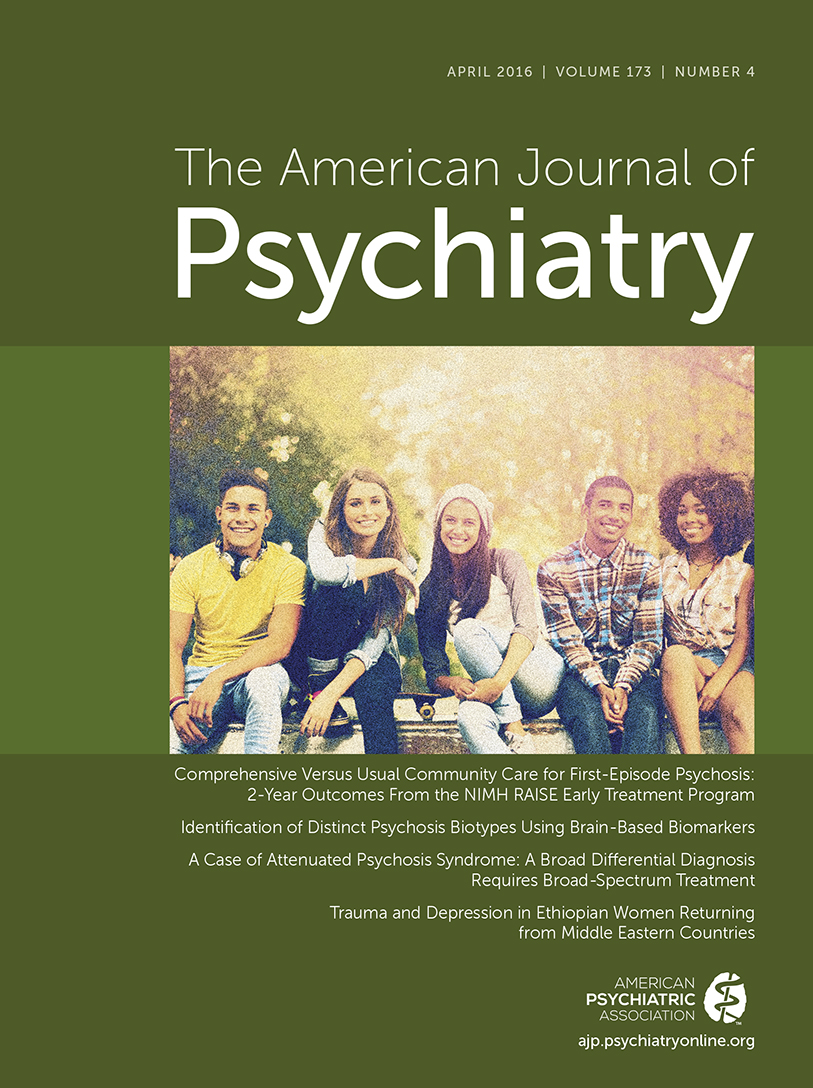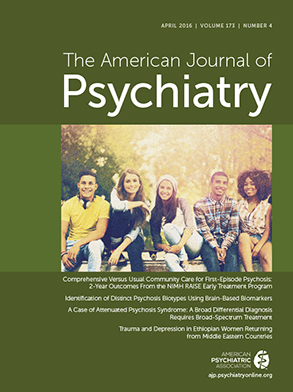The diagnosis of major depressive disorder consists of the core features of depressed mood and/or the loss of interest or pleasure. Yet, accompanying vegetative symptoms can be polar opposites, including insomnia or hypersomnia, psychomotor agitation or retardation, and increase or decrease in appetite. This variability in symptom presentation suggests that major depressive disorder is not a unitary disorder. From a neurobiological point of view, major depressive disorder symptoms appear likely to be caused by differential and reciprocal disruption of the interconnected networks of awareness, interoception, and reward, all of which have been implicated in emotional regulation. Insight into individual differences in dysfunction among regional “nodes” of these circuits might lead to greater insight regarding more tailored treatment of phenotypic subgroups of depression. The development of the Research Domain Criteria (RDoC) project supported by the National Institute of Mental Health is an example of this conceptual shift away from framing disorders by discrete categories to an understanding of symptom clusters based on brain-behavior relationships (
https://www.nimh.nih.gov/research-priorities/rdoc/index.shtml).
In this issue of the
Journal, W. Kyle Simmons, Ph.D., et al. (
1) investigate activity in brain regions associated with responsivity to food stimuli in major depressive disorder subjects with increased or decreased appetite. The authors used a task-based functional MRI (fMRI) measure to compare their major depressive disorder subjects to a control group of nondepressed, healthy individuals (N=16 per group). Most participants were women, and all had similar body mass index values. The main measure of brain activity was the blood-oxygen-level-dependent (BOLD) response when participants passively viewed pictures of food compared with nonfood. In the healthy comparison group, an interconnected network of brain areas associated with viewing food included regions within the visual cortex, bilateral insula, medial orbitofrontal and prefrontal cortices, and right amygdala. These regions have been implicated to underlie interoceptive processing (
2). Many other studies also show that these regions have altered activity in depressed patients and emotional processing in healthy control subjects (
3,
4). In the Simmons et al. study, different patterns of change emerged for major depressive disorder subjects with appetite increases versus decreases. The major depressive disorder group with increased appetite had increased BOLD response in brain regions implicated in the reward system (anterior insula, orbitofrontal cortex, ventral striatum, ventral pallidum, and putamen) (
5), while the appetite-decrease group generally showed decreased mid-insula BOLD activity compared with the other groups. Simmons et al. suggest that this altered reactivity of the interoceptive system when confronted with food stimuli leads to a disconnect of signaling from the periphery of a need to eat and a typical response to being presented with food (e.g., the depressed subject with low appetite may not “feel like” eating and will not choose to eat even though she may have visceral changes that usually cue hunger). The authors also examine brain regional connectivity changes, comparing resting-state fMRI as a function of participant food pleasantness scores. This provides more support for differential changes based on appetite condition in the major depressive disorder groups, using measures that are not dependent on specificity of neural changes associated with task-based fMRI. They find regional connectivity results with similar relationships to their findings with the task-based BOLD response.
The role of brain regions critical in interoceptive processing appears promising to lead to exciting discoveries for some major depressive disorder treatment. A key role for interoception is maintaining homeostasis. Conceptualizing depression as a disruption of maintenance of homeostasis is an important consideration for novel medications or targets for invasive and noninvasive treatments (
3,
6–
8). Indeed, this approach to depression has been considered in conceptualizing how cognitive-behavioral therapy and related therapies alleviate symptoms (
9).
The Simmons laboratory focuses on appetite and the insula rather than on the general category of major depressive disorder. In this study, they did not include a group of major depressive disorder individuals who do not show a change in appetite. Therefore, we cannot predict what an anhedonic major depressive disorder group of individuals who do not have appetite problems would show on either the fMRI tasks or the food preference responses. However, having major depressive disorder appetite changes studied by those interested in homeostasis regulation and obesity may help the field approach these worrisome symptoms of depression from a different vantage point. Coupled with depression research, examining the reciprocal nature of these interconnected circuits underlying a complex disorder like depression shows promise to accelerate the personalized medicine approach to depression treatment.

